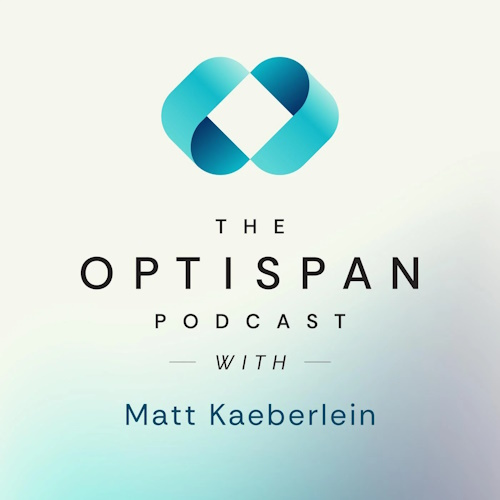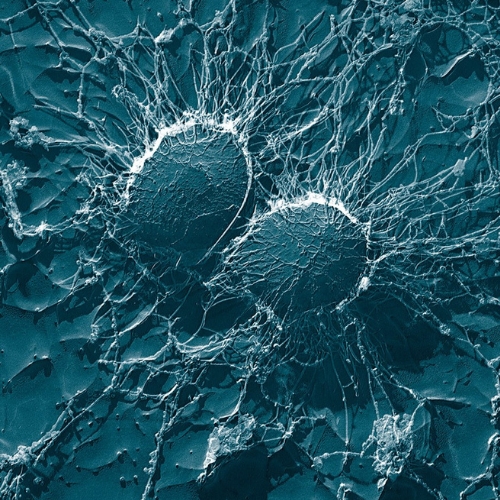Gut Microbiome Expert: The HIDDEN Side Of Health You’re MISSING | Dr. Sean Gibbons
Optispan podcast episode - Sean Gibbons unravels the intricate world of gut bacteria
In this insightful episode of Optispan’s podcast, host Matt Kaeberlein sits down with Dr. Sean Gibbons, Associate Professor at the Institute for Systems Biology and a leading expert in microbiome science. Together, they unpack the fascinating world of gut microbes and how they influence health, ageing, and disease. This conversation bridges frontier science with everyday health, offering actionable insights and challenging common assumptions.
Key Points:
Dr. Sean Gibbons explains how our gut microbiome acts as a complex, evolving ecosystem that influences digestion, immunity, drug response, and even longevity. He also reflects on the promise and pitfalls of probiotics, direct-to-consumer tests, and future microbiome-based therapies.
- What Is the Microbiome? A System Within a System: Gibbons defines the microbiome as the total genetic material of microbial communities, distinguishing it from “microbiota,” the organisms themselves. He emphasizes how our bodies host diverse microbial ecosystems—particularly in the gut—whose functions extend far beyond digestion.
- Good vs. Bad Bacteria- It's Complicated: Rather than simply labelling bacteria as good or bad, Gibbons describes a spectrum: from outright pathogens to beneficial mutualists. The impact of any given microbe depends heavily on context—such as diet, immune status, and microbial neighbours.
- Antibiotics- A Double-Edged Sword: While antibiotics kill harmful bacteria, they also disrupt the gut ecosystem. This can lead to extinction of beneficial strains (e.g., Bifidobacteria for lactose digestion) and allow opportunistic pathogens (like C. difficile) to thrive during recovery windows.
- Ageing and the Gut: Healthy ageing correlates with increasing microbial uniqueness over time. In contrast, less healthy older individuals often retain a younger-looking microbiome, which may be maladaptive. Loss of mucus and dietary changes in older adults can drive shifts in dominant microbial species.
- Are Microbiome Tests Useful?: Gibbons critiques many direct-to-consumer tests for lacking scientific rigor. However, a few, like those using machine learning to predict glucose or lipid responses (e.g., DayTwo, ZOE), show promise. Still, he emphasizes we are far from FDA-approved diagnostics.
- Diet as a Microbial Sculptor: Short-term diet changes often fail to significantly alter microbiomes due to ecological stability and "priority effects." Long-term lifestyle shifts, however, can push the ecosystem toward different stable states—though it's not always clear how to predict or control this.
- Bugs as Drugs and Smart Toilets: The Future of Microbiome Science: From targeted probiotics (like Akkermansia muciniphila) to microbiome-based drugs and even smart toilets for real-time gut monitoring, Gibbons sees a future where our microbial health is personalized, monitored, and therapeutically modulated.
- Microbiome and Drug Response: Microbiome diversity can influence drug efficacy and side effects. Gibbons' research showed that individuals with low microbial diversity had stronger LDL reduction from statins but also increased insulin resistance—highlighting the potential for microbiome-guided treatment plans.
Visit website: https://www.youtube.com/watch?v=EVBHX9jg-jc
See alsoDetails last updated 12-Jun-2025



